Diversity and Belonging
PKS is home to curious and engaged learners of many backgrounds and identities. We believe education is a joyous exploration of the world and the self, and our imperative is to advance cultural competence, social justice, and ethical leadership in a joyful, bilingual learning environment.
PKS strives to be a community of belonging, a place where all students, families, faculty and staff feel welcomed, known, respected, and valued, with agency to help shape our future.
Why belonging? It is foundational to learning. It sets the stage for well-being, engagement, resilience, and perspective taking.
In our Community
PKS is a diverse community that brings together people of different backgrounds, identities and beliefs, with a shared commitment to our educational mission. We are partners in a common enterprise whose culture of engagement and contribution is shaped by many perspectives and experiences.
Sustaining a community where all feel a sense of belonging requires ongoing and conscious listening, learning, and action from the adults in our community. We recognize that the vibrancy of a diverse community can sometimes offer moments of frustration, misunderstanding, and miscommunication. At PKS we seek to enter all conversations -- especially difficult conversations -- with an open mind and heart, desiring to hear the life experiences and points of view of others. We assume the best intentions of others, especially when we disagree.
We are committed both to increasing the forms of diversity within our school, and to ensuring that all of our families, students, faculty, and staff can truly feel a sense of belonging here.
Our community efforts include:
Affordability: We aim to make a PKS education more affordable for more families. See Tuition and Affordability.
The Warmest Welcome: Each newly admitted family is paired with a “buddy family” in their grade level, with whom they are encouraged to connect, ask questions, and meet for playdates (or adult gatherings!) for introductions to others families and volunteer opportunities, and to support meaningful integration into our community.
Parent Education: PKS 学习 | PKS Learns comprises our informal parent education workshops and events, which dive more deeply into our program and provide a forum to exchange ideas about current issues in education. We also partner with Dr. Keisha Siriboe for parent workshops, as well as professional development and curricular support for PKS faculty on anti-racism, cultural competency, and representation. PKS is a member of SPEAK, the coalition of San Francisco K-8 schools who have joined together to enhance parent education.
Connection and Engagement: Through the Parent Association there are numerous activities, committees, and interest and affinity groups, as well as ad hoc opportunities to meet, connect, contribute, and strengthen our school in ways that enrich the student learning experience, create impact and joy, and sustain our diverse and inclusive community.
Inclusive Events: Our Family Handbook sets guidelines for events hosted within and by our community, prioritizing gatherings that are low or no cost, non-gender specific, environmentally friendly, and accessible to those with disabilities. For school programming, we factor in time of day considerations to accommodate working parents. We enjoy a number of traditions and practices around certain holidays and Chinese festivals, and welcome parents and families to share their traditions with the community.
In our Curriculum and Classrooms
We support each student in forming a sense of their identity as an individual, and then as an individual who can take action to create change in the world. We integrate diversity, anti-racism, equity and inclusion considerations throughout our curriculum, framed in the context of Units of Exploration tailored to the developmental needs of our students from preschool through eighth grade.
Our curriculum references best practice frameworks, including the Asia Society framework for Global Competence, which defines the ways in which students can move from investigating the world to taking action as they progress through their educational journey; and the Social Justice Standards and Anti-Bias Framework from Teaching Tolerance, a project of the Southern Poverty Law Center, with twenty standards across the domains of identity, diversity, justice, and action.
As our students build their identities, we seek to equip them with confidence in that transformation, a clear sense of their values, and recognition of their ability to be engaged civic leaders who translate their values into action.
In addition, we support teacher capacity building with onsite, peer-to-peer, and external training on DEI-related issues through robust and ongoing professional development. PKS faculty and leadership have participated in, published, presented, and engaged nationally and internationally with organizations such as the Progressive Education Network, Anti-Bias in Early Childhood Education (Innovative Teacher Project), and Supporting Inclusive Practices in Early Childhood Education (First Five), among others.
In our Leadership and Governance
We organize and hold ourselves accountable to our DEI values via teams of stakeholders with distinct needs and roles in our community.
Board DEI Committee: Integrates DEI considerations into the Board of Trustees’ strategic and fiduciary responsibilities, including Trustee selection, budget decisions, school evaluation, and work with the Head of School.
Faculty Curriculum & Pedagogy Groups: Monthly exploration of diversity, equity, inclusion, and belonging practices, challenges, and innovations in the classroom, in cross-grade and cross-specialty groups.
Parent Association DEI Committee: Convenes parents to explore, celebrate, and learn; provides subject-matter resources for parents; helps identify and surface new DEI opportunities and considerations; and facilitates communication with school leadership accordingly.
